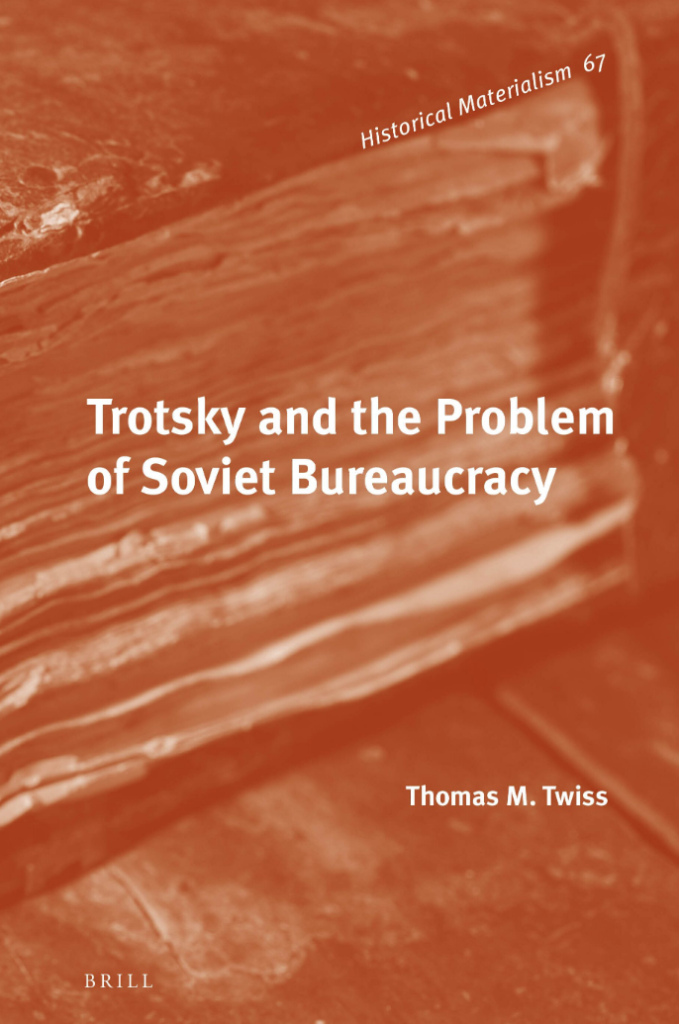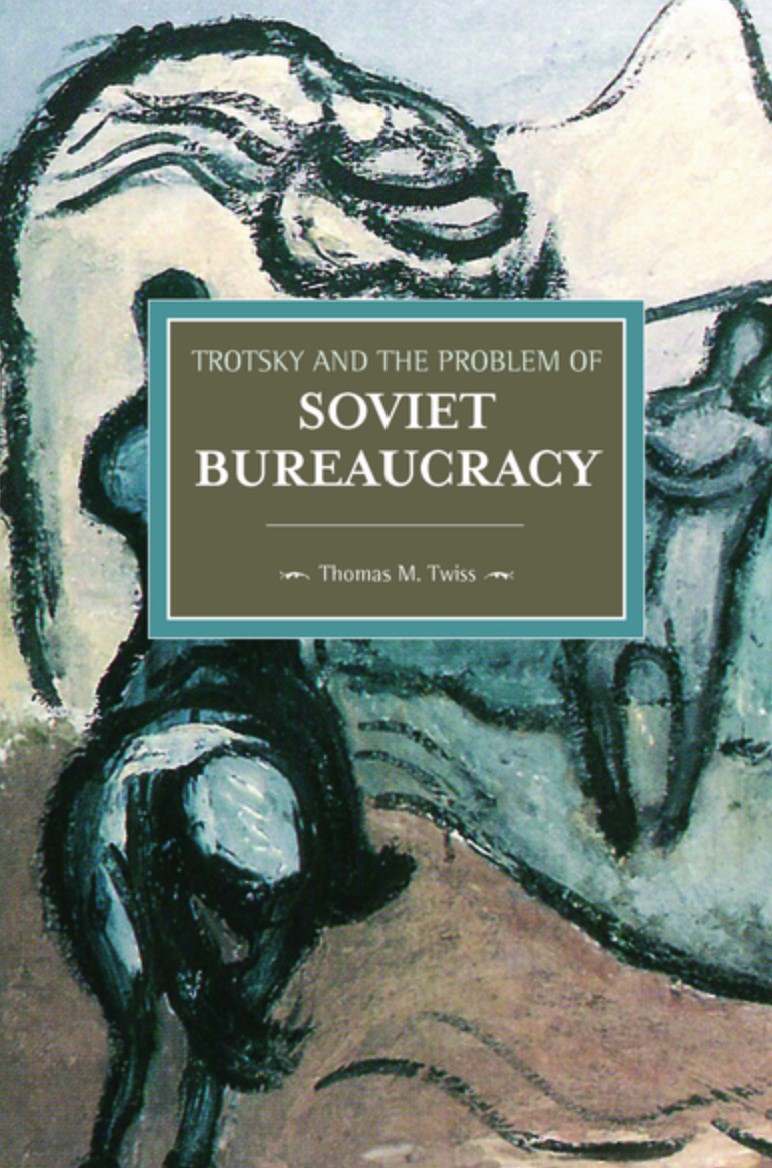Thomas M. Twiss, University of Pittsburgh
During the twentieth century the problem of post-revolutionary bureaucracy emerged as the most pressing theoretical and political concern confronting Marxism. No one contributed more to the discussion of this question than Leon Trotsky. In Trotsky and the Problem of Soviet Bureaucracy, Thomas M. Twiss traces the development of Trotsky’s thinking on this issue from the first years after the Bolshevik Revolution through the Moscow Trials of the 1930s. Throughout, he examines how Trotsky’s perception of events influenced his theoretical understanding of the problem, and how Trotsky’s theory reciprocally shaped his analysis of political developments. Additionally, Twiss notes both strengths and weaknesses of Trotsky’s theoretical perspective at each stage in its development.
Biographical note
Readership
Table of contents
Introduction1 Bureaucracy before October
1.1 Evolving meanings of bureaucracy
1.2 Bureaucracy in Russia
1.3 Marx and Engels on bureaucracy
1.4 After Marx and Engels
1.5 Conclusion
2 Revolution and the Problems of Bureaucracy
2.1 The dream deferred
2.2 The oppositions and political alienation 86
2.3 Lenin on political alienation and inefficiency
2.4 Trotsky and bureaucratic inefficiency
2.5 Conclusion
3 From Inefficiency to Political Alienation
3.1 Conflicts within the party leadership
3.2 Inefficiency and political alienation
3.3 The New Course controversy
3.4 Trotsky and the New Course
3.5 Political defeat and theoretical retreat
3.6 Conclusion
4 A Coherent Theory of Bureaucracy
4.1 The formation of the United Opposition
4.2 The struggle of the United Opposition
4.3 Trotsky and the Opposition on bureaucratism
4.4 On the eve of Thermidor
4.5 Conclusion
5 Left Turn and Theoretical Crisis
5.1 The beginning of the turn
5.2 Explaining the turn
5.3 The Stalinist offensive
5.4 Explaining the offensive
5.5 Defeating the right and continuing the turn
5.6 Explaining the new turn
5.7 Revising the theory
5.8 Conclusion
6 The Turn and the Theoretical Crisis Deepen
6.1 Economic upheaval
6.2 Trotsky’s response to the turn
6.3 The left course in the Comintern
6.4 Trotsky and the Comintern’s new strategy
6.5 Developments in the party regime
6.6 Trotsky and the regime
6.7 Modifying the theory
6.8 Conclusion
7 Theoretical Revolution
7.1 Breaking with the past
7.2 Revising the theory
7.3 New policy shifts
7.4 The Kirov assassination
7.5 Reinterpreting Bonapartism and Thermidor
7.6 Deeper shifts, repression, and a constitution
7.7 Conclusion
8 The Final Theory
8.1 The Revolution Betrayed
8.2 Applying the theory
8.3 Conclusion
9 Reconsidering Trotsky’s Theory
9.1 The development of Trotsky’s views
9.2 Evaluating the theory
Bibliography
Index


